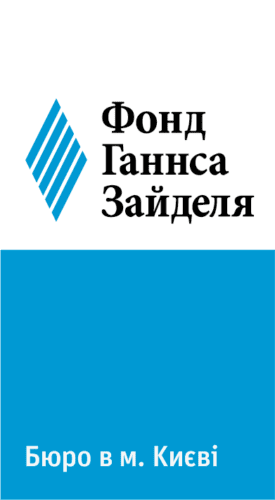Turkey, one of the key and still stable countries in the Intermarium and a potential member of a security alliance in the region, is currently experiencing a political crisis. The protests that have erupted in Turkey are calling into question the firmness of the power of Recep Tayyip Erdogan, who has been ruling the country for more than two decades. These events could be a turning point for Turkish democracy, which is increasingly sliding toward authoritarianism.
The impetus for the large-scale unrest was the arrest of the popular mayor of Istanbul, Ekrem Imamoglu, whom the authorities accused of corruption and aiding a terrorist group. Since March 19, when Imamoglu was detained, Istanbul, Ankara, and other cities across the country have been engulfed in protests that are comparable in scale to those of 2013.
The authorities are responding harshly to the protesters, with about 1,500 arrests recorded, including for insulting Erdogan and his family. Journalists are also being harassed: some have been imprisoned, and a BBC reporter was deported on charges of threatening public order.
Analysts believe that the current crisis could have more serious consequences for Erdogan and Turkish democracy than the events of 2013. This is due to changes in the economic and political situation in the country.
- First, Erdogan has gained a charismatic rival popular with the people in the person of Imamoglu.
- Secondly, the economic situation in Turkey has deteriorated significantly, and the cost of living has become a major concern for citizens.
- Third, conservative voters no longer show the same loyalty to Erdogan’s Justice and Development Party (AKP) as they used to.
Imamoglu’s arrest took place on the eve of the primaries, where he was to be approved as a candidate of the opposition Republican People’s Party (CHP). The primaries were attended by 15 million people, which indicates a high level of support for Imamoglu.
It is noteworthy that Imamoglu was already under the threat of imprisonment for calling election commission members “fools” after the results of his victory in the 2019 mayoral elections were canceled. Moreover, the opposition leader eventually won the election after a new vote was called.
It was a paradoxical fact that Istanbul University deprived Imamoglu of his diploma, which is a prerequisite for presidential candidates, a method that does not add to the credibility and honor of the current government in Turkey.
The CHP condemned Imamoglu’s arrest, calling it a “coup,” and organized large-scale rallies in his support. Student protests have also continued, despite the harsh actions of the police. The CHP, a party associated with the founder of modern Turkey, Mustafa Kemal Ataturk, is gaining electoral ground, largely due to Imamoglu’s popularity.
De facto, in Turkey, like a century ago, the struggle between supporters of the conservative, Islamic trend, personified by Erdogan, and the more secular, Western-oriented trend, which was founded in 1918 by Mustafa Kemal Ataturk and is now promoted by the Republican National Party, is again unfolding.
Imamoglu positions himself as a social democrat who is not inclined to radicalize the struggle against the Kurds and has paid attention to classic liberal democratic topics, including social and climate issues, and does not condemn LGBT people, noting that Turkish society is not ready for this.
According to the constitution, Erdogan will not be able to run for another term unless the parliament calls early elections or changes the basic law. However, there is little doubt that the ruling party will do everything possible to ensure that Erdogan gets a fourth term.
International organizations such as Freedom House have noted a deterioration in democratic freedoms in Turkey. However, the elections in the country remain competitive, as evidenced by Imamoglu’s victory in the mayoral elections. Erdogan is concerned about the country’s economic problems and the popularity of his rival. Further repressions by the authorities could lead to Turkey’s transformation from an imperfect democracy into a dictatorship.
For Ukraine, the situation in Turkey is painful because it is the only country after Ukraine that is a strong counterweight to Russian expansion in the region, has an independent position, and is not afraid to counter Russian interests in Azerbaijan, Syria, and the Black Sea. Ukraine would very much like to hope that the stability and reliability of Turkey, as an ally that supplies us with weapons and can be one of our potential allies and security guarantors, will not fall victim to Turkey’s crossroads between democracy and dictatorship.
Author: Valeriy Maydanyuk




